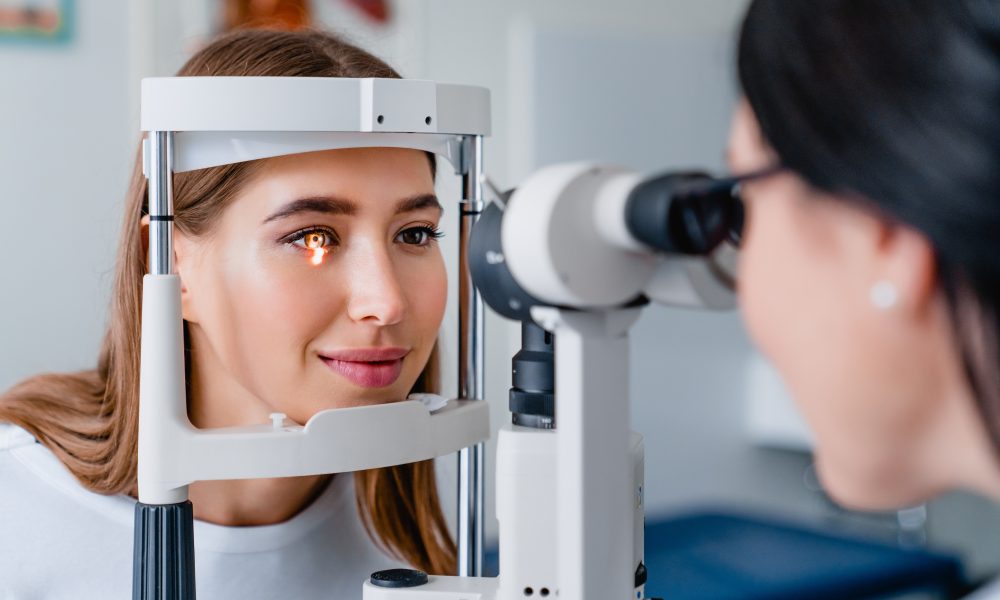
A team of UK researchers has developed a new artificial intelligence (AI) system that could significantly reduce the time and cost required to recruit clinical trial patients for an advanced form of age-related vision loss.
The system focuses on Geographic Atrophy (GA), an advanced form of dry age-related macular degeneration (AMD) leading to irreversible vision loss and legal blindness.
Lead author of the study, Dominic Williamson is a PhD student in the UCL Centre for Doctoral Training in AI-enabled Healthcare Systems.
The researcher said: “Our AI system shows promise for real-world application in recruiting patients for GA clinical trials more efficiently.
“It could also be developed to identify individuals who may benefit from new treatments as they become available.”
Until recently there were no effective treatments for GA, which affects 5 to 10 million people globally, but FDA approval in 2023 of two medications showing modest efficacy has spurred many new clinical trials for the condition.
The new AI system demonstrates potential for overcoming a major obstacle to GA clinical trials — recruiting enough patients that meet the trial criteria.
To assess the AI model, researchers ran an algorithm on 602,826 optical coherence tomography (OCT) retinal scans from an ethnically diverse dataset of 306,651 Moorfields patients spanning 2008 – 2023, and identified a shortlist of patients most likely to be eligible for GA clinical trials.
Compared with the conventional approach of finding clinical trial patients using a keyword search on electronic health records (EHR), the AI system identified almost twice as many candidates and with higher precision.
Crucially, the system could quickly differentiate between nuanced stages of the disease and exclude patients with co-existing conditions that may rule them out of trial participation.
For one particular trial, the AI system shortlisted 1,139 patients with 63 per cent precision compared to the EHR search, which shortlisted 693 patients with 40 per cent precision.
A combined approach using both AI and EHR systems identified 604 eligible patients with 86 per cent precision.
Because the model only requires retinal scans to find candidate patients, it could work effectively in clinics and hospitals where text-based electronic records may not be easily searchable, but where stored retinal scans are readily accessible.
In addition, the AI was tested on an ethnically diverse dataset representing the population of London, which may make it transferable to many global sites for potential recruitment of GA clinical trial patients.
Professor Pearse Keane (UCL Institute of Ophthalmology and Moorfields Eye Hospital) is senior author of the study.
The researcher said: “This type of AI could prove instrumental in accelerating development of innovative GA treatments.
“The research effectively demonstrates the potential for AI in facilitating automated pre-screening for clinical trials in GA, enabling site feasibility assessments, data-driven protocol design, and cost reduction.”




